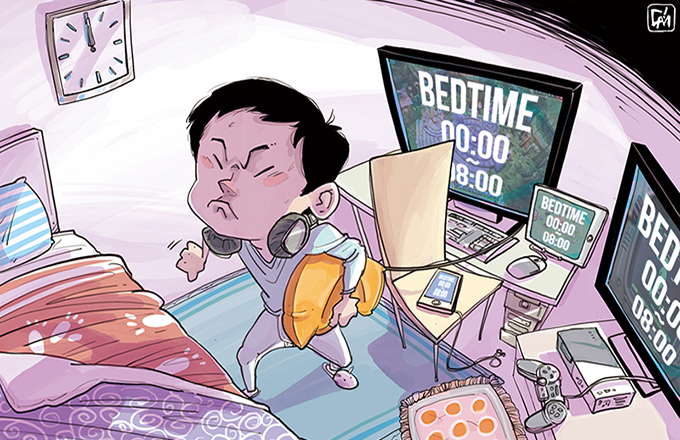Cleansing the Internet highway
But before that, China has to know whether the US has a cyber army and whether it has launched attacks against Chinese networks. If it has, then it should put its house in order before accusing other countries of hacking.
Chinese laws prohibit hacking. Irrespective of whether it is aimed at Chinese or foreign networks, hacking is a violation of Chinese laws and regulations. People or organizations that orchestrate it deserve punishment according to the law. And suggestions by all countries to work with China to stop the menace of hacking are welcome.
But will the US, if it has launched attacks against Chinese sites, allow the hackers to be prosecuted by China and guarantee that such attacks will not take place in the future? Or, if a non-state entity in the US launches an attack against Chinese networks, will the US administration punish it?
The most important question is what rules and code of conduct should govern cyberspace. Should the rules empower only the US to have a cyber army, and thus to launch attacks on foreign networks, but deprive other countries of having one, even for self-defense? Should the rules give the US the right to force China to cooperate in investigations into attacks launched against American sites? Or, should they grant all countries the right to have cyber armies and launch cyberattacks, and therefore create mayhem and chaos in cyberspace?
Moreover, will the US clarify up to what extent it will open its cyberspace to let China and the rest of the world know whether it is violating the existing cyber rules?
The US has the most advanced and sophisticated cyber army, and its accusation that China sponsors hackers for cyberattacks is to draw attention away from its doings. The fact is, the US has the most professional hackers at its disposal and China is the biggest victim of their attacks.
The US talks about making cyber rules, but it is clear that it will not accept rules that could undermine its cyberpower. Instead, it wants to establish rules that will force other countries to accept its demands that are aimed at furthering American interests.
Since the US does not want to abide by international law on matters related to China's sovereignty, such as the Taiwan issue and the Diaoyu Islands dispute, it does not have the moral right to urge China to abide by rules that perpetrate American hegemony.
The author is a professor at and vice-president of the Institute of International studies, Fudan University.
(China Daily 03/16/2013 page5)





















